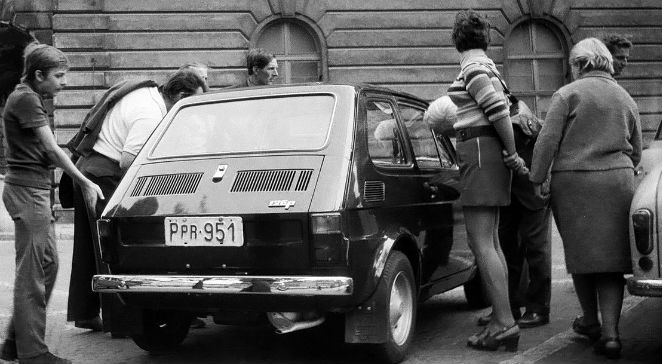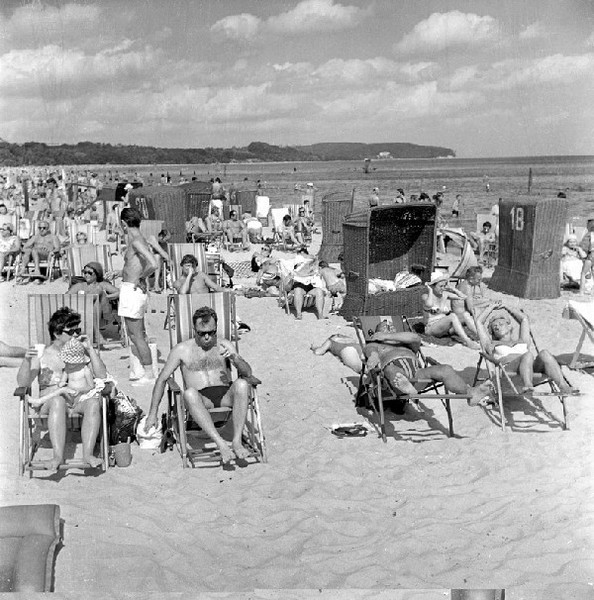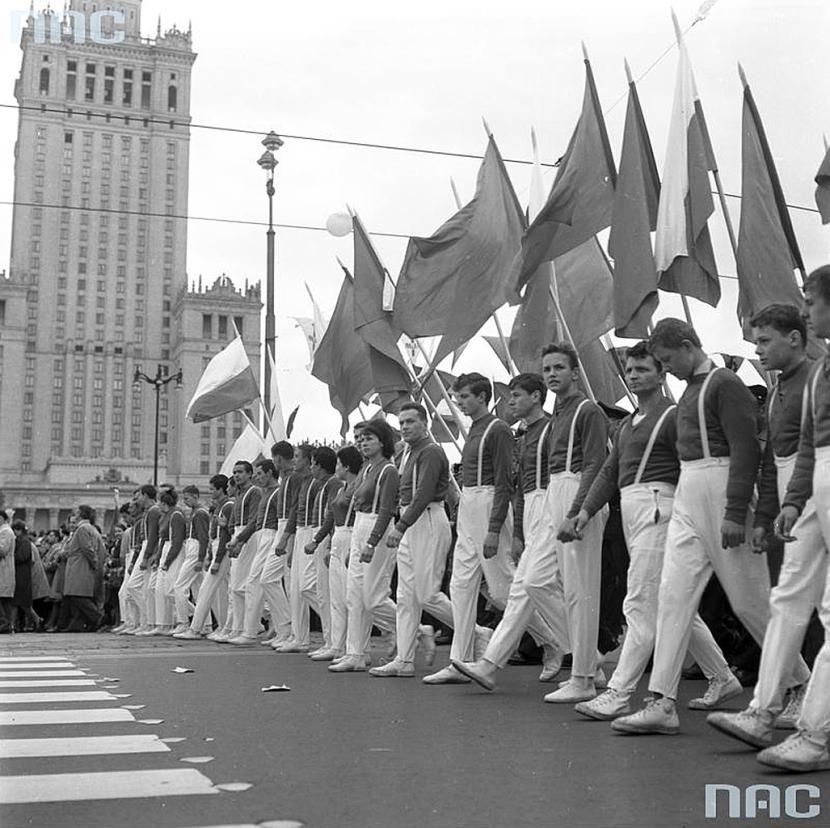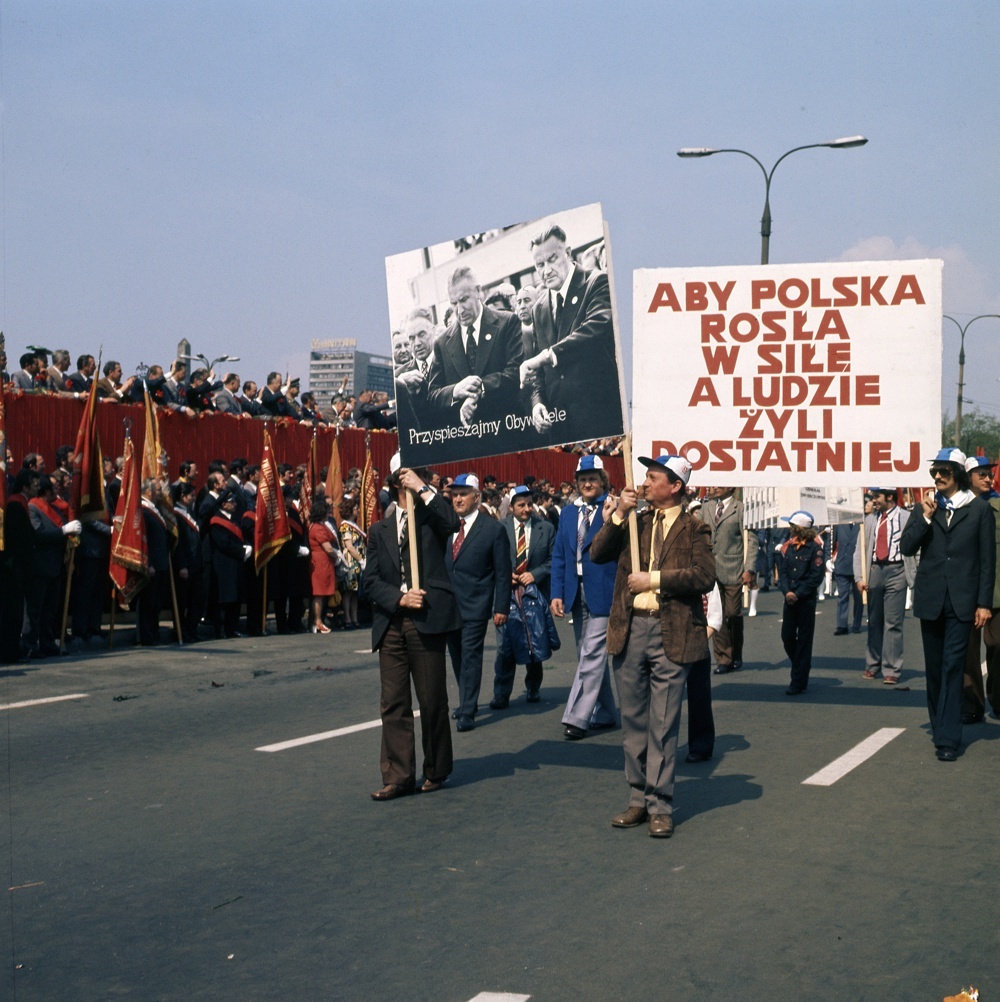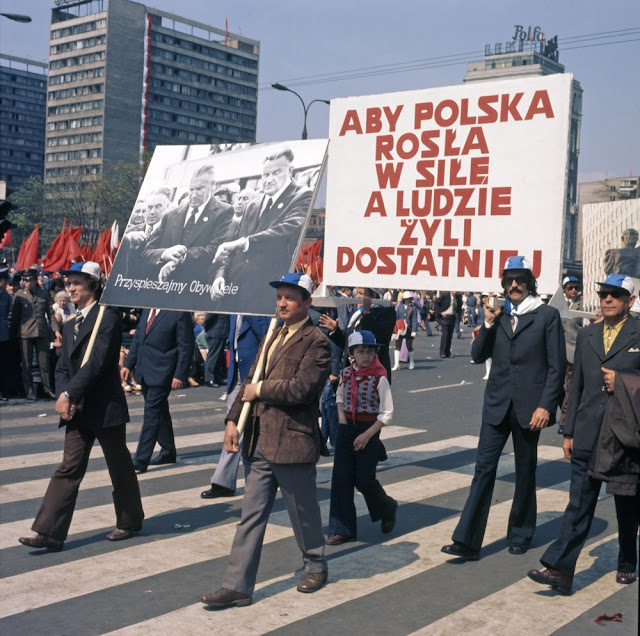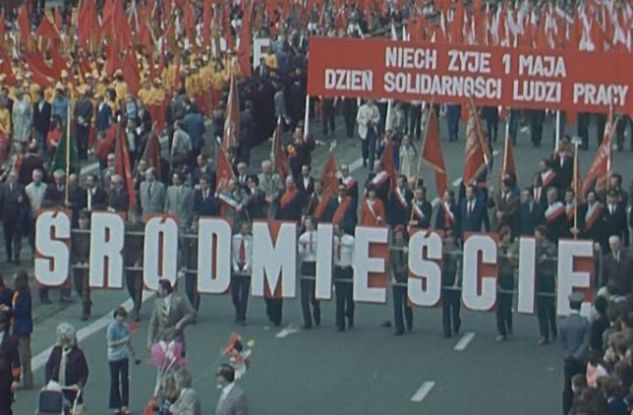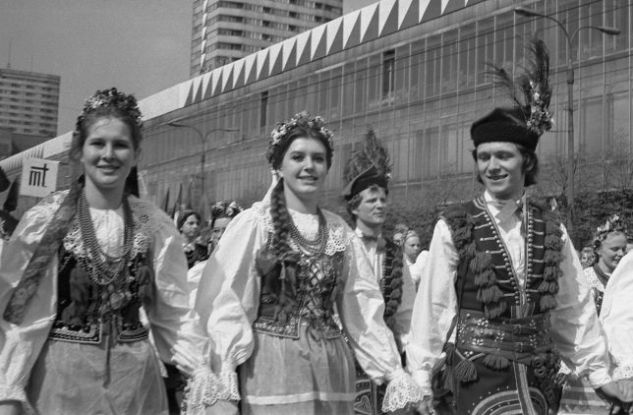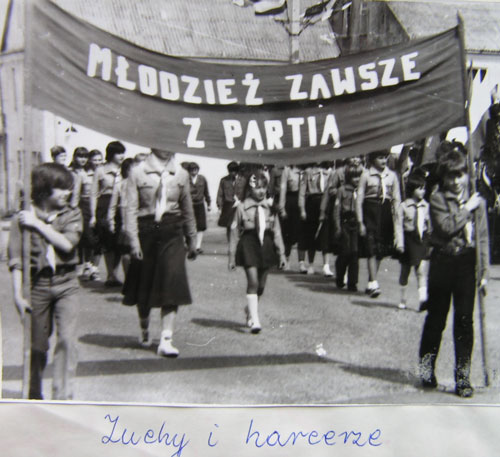Post by Bonobo on Jan 8, 2013 22:33:58 GMT 1
Gierek was a communist party Secretary who ruled Poland in 1970s (as a kind of president).
Leftist party wants 2013 to be communist leader 'Edward Gierek year'
Gierek replaced W³adys³aw Gomu³ka as communist party first secretary in Poland in 1970, following rioting and protest over the massive price rises of basic commodities. Gierek developed relations with western leaders, particularly France's Valéry Giscard d'Estaing and West Germany's Helmut Schmidt. Foreign loans from western credit fuelled a short-lived consumer boom in Poland, which petered-out by the middle of the decade. Protests again broke out in 1976, laying the foundations for the growth of the Solidarity movement four years later. Gierek was replaced as party leader in September 1980 by Stanis³aw Kania and died, in July 2001, a highly controversial figure in Poland.
www.thenews.pl/1/9/Artykul/122957,Leftist-party-wants-2013-to-b e-communist-leader-Edward-Gierek-year

en.wikipedia.org/wiki/Edward_Gierek
Gierek promised economic reform and instituted a program to modernize industry and increase the availability of consumer goods, doing so mostly through foreign loans.[2] His good relations with Western politicians, especially France's Valéry Giscard d'Estaing and West Germany's Helmut Schmidt, were a catalyst for his receiving western aid and loans.
The standard of living increased markedly in the Poland of the 1970s, and for a time he was hailed a miracle-worker. The economy, however, began to falter during the 1973 oil crisis, and by 1976 price increases became necessary. New riots broke out in June 1976, and although they were forcibly suppressed, the planned price increases were canceled
Leftist party wants 2013 to be communist leader 'Edward Gierek year'
Gierek replaced W³adys³aw Gomu³ka as communist party first secretary in Poland in 1970, following rioting and protest over the massive price rises of basic commodities. Gierek developed relations with western leaders, particularly France's Valéry Giscard d'Estaing and West Germany's Helmut Schmidt. Foreign loans from western credit fuelled a short-lived consumer boom in Poland, which petered-out by the middle of the decade. Protests again broke out in 1976, laying the foundations for the growth of the Solidarity movement four years later. Gierek was replaced as party leader in September 1980 by Stanis³aw Kania and died, in July 2001, a highly controversial figure in Poland.
www.thenews.pl/1/9/Artykul/122957,Leftist-party-wants-2013-to-b e-communist-leader-Edward-Gierek-year

en.wikipedia.org/wiki/Edward_Gierek
Gierek promised economic reform and instituted a program to modernize industry and increase the availability of consumer goods, doing so mostly through foreign loans.[2] His good relations with Western politicians, especially France's Valéry Giscard d'Estaing and West Germany's Helmut Schmidt, were a catalyst for his receiving western aid and loans.
The standard of living increased markedly in the Poland of the 1970s, and for a time he was hailed a miracle-worker. The economy, however, began to falter during the 1973 oil crisis, and by 1976 price increases became necessary. New riots broke out in June 1976, and although they were forcibly suppressed, the planned price increases were canceled








